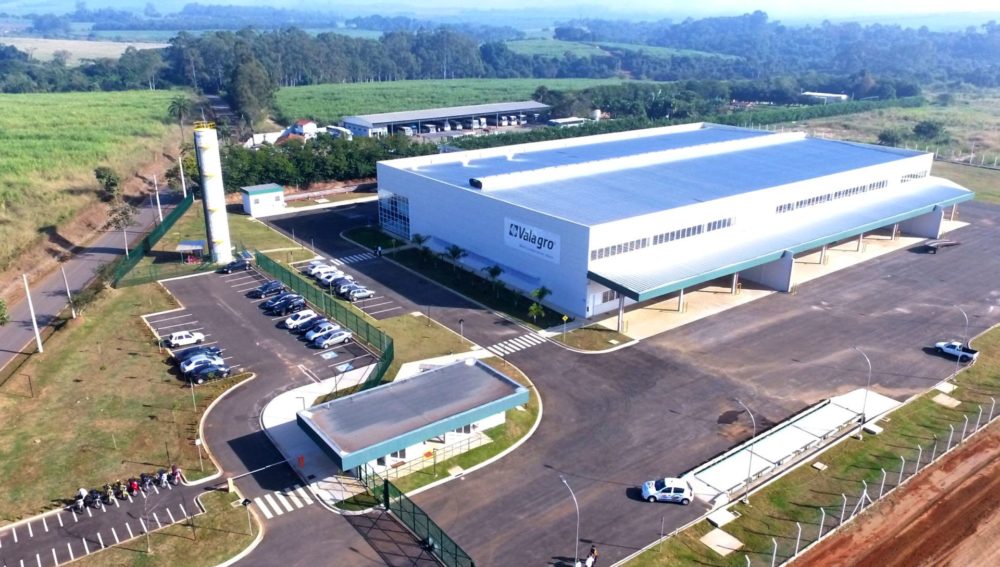Syngenta Group has agreed to acquire Italian biotech company Valagro for an undisclosed sum.
Atessa-based Valagro produces biostimulants and specialty nutrients that are used in agriculture, as well as gardening and manufacturing. It also makes specialty ingredients for use in food, cosmetics, and animal feed.
It will continue to operate as a separate brand under Syngenta Crop Protection after the deal closes.
According to a Syngenta statement, Valagro enjoys a “market-leading position” in biological crop protection, clocking $175 million in revenue last year. Founded in 1980, it now employs more than 700 personnel across eight production sites and 13 subsidiaries globally, with an established presence in Europe and North America and a growing footprint in Asia and South America.
Syngenta Group CEO Erik Fyrwald said the acquisition of Valagro “positions us as one of the strongest players in the global biologicals market.” It also aligns with the Swiss agribusiness giant’s Good Growth Plan, which aims to help farmers adopt more environmentally sustainable practices to mitigate the effects of climate change, he added.
“Significant levels of investment in innovations such as biologicals are necessary in order to deliver a sustainable future and help farmers deliver a food system working in harmony with nature,” said Jon Parr, president, global crop protection, Syngenta. “[Both parties] have a foundation in science-based innovation and are eager to collaborate, share knowledge, and build on each other’s capabilities.”
Valagro CEO Giuseppe Natale said the deal “will open up new, previously unimaginable growth prospects for the Valagro group worldwide.”
“Now that we are part of a company with the resources and ambition of Syngenta Crop Protection, we have exciting new opportunities for our innovation to better deliver even more options for farmers and to invest even more effectively in the sustainable future of agriculture,” he added.
Syngenta Group was formed in June this year following Syngenta’s merger with the agricultural businesses of Chinese chemicals giant Sinochem. The reorganized company also incorporated Israeli crop protection outfit Adama which, like Syngenta, had previously been acquired by ChemChina – another Chinese chemicals major which is in the midst of its own $146 billion combination with the aforementioned Sinochem.
Syngenta has been among the most active corporate investors in agrifoodtech. In recent years it has acquired Ukrainian digital crop monitoring startup Cropio, US farm management software providers FarmShots and AgConnections, and Barzil’s Strider. It made a direct equity investment in Indian farmer-to-business platform Farmlink, while its VC arm Syngenta Ventures has backed dozens of startups – including, most recently, Israeli precision sprayer Greeneye.
Speaking to AFN last year, Fyrwald said that Syngenta’s takeover by ChemChina “gives us the freedom for increased investment in world-class R&D around seeds and crop protection.”
Valagro’s last known external funding came in October 2016 when it raised an undisclosed sum from Metalmark Capital, a New York-based private equity firm with experience in the agribusiness sector.
Got a news tip? Email me at [email protected]




